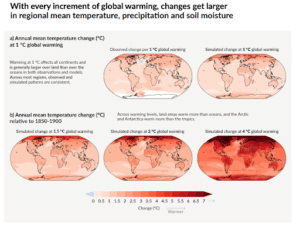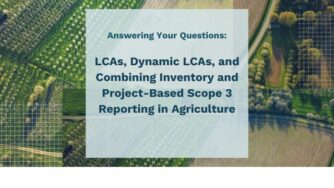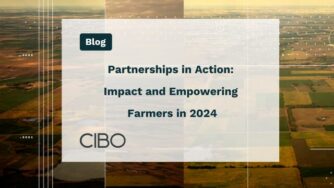The Intergovernmental Panel on Climate Change (IPCC), an official UN task force, released a report from scientists across the globe yesterday that called current climate change trends a “code red for humanity.” The landmark study warns of increasingly extreme heatwaves, droughts and flooding, and a key temperature limit being broken in just over a decade.
The report is the first in a trio assessing the state of climate change and efforts to mitigate it and adapt to it. The document — part of the IPCC’s sixth climate assessment since 1990 — arrives less than three months before the next major global climate summit the UN Climate Change Conference – COP 26. There, parties will come together to accelerate action towards the goals of the Paris Agreement and the UN Framework Convention on Climate Change.
Policy Leaders Agree with the Report
“The impacts of the climate crisis, from extreme heat to wildfires to intense rainfall and flooding, will only continue to intensify unless we choose another course for ourselves and generations to come,” said U.S. climate envoy John Kerry. “What the world requires now is real action.”
“We’ve known for decades that the world is warming, but this report tells us that recent changes in the climate are widespread, rapid and intensifying, unprecedented in thousands of years,” said Ko Barrett, vice chair of the IPCC and the senior adviser for climate at the Office of Oceanic and Atmospheric Research at the National Oceanic and Atmospheric Administration. “Further, it is indisputable that human activities are causing climate change.”
A Key Component of Climate Change is Carbon
According to the BBC, reaching net zero involves reducing greenhouse gas emissions as much as possible using clean technology, then absorbing any remaining ones by, for example, planting trees. While the situation is very serious, it is not a sudden drop into calamity.
“The 1.5C threshold is an important threshold politically, of course, but from a climatic point of view, it is not a cliff edge – that once we go over 1.5C, suddenly everything will become very catastrophic,” explained Dr Amanda Maycock, from the University of Leeds, and one of the authors of the new report.
“The very lowest emissions scenario that we assess in this report shows that the warming level does stabilise around or below 1.5C later on in the century. If that were the pathway that we would follow, then the impacts would be significantly avoided.”

Source: AR6 Climate Change 2021: The Physical Science Basis
How You Can Make an Impact on Climate Change
Regenerative agriculture and the voluntary soil carbon markets emerging around it represent a significant solution to the climate crisis. Regenerative practices—such as cover crops, no-till and reduced nutrient application—have the potential to reduce the GHG footprint of farming and mitigate climate change through the sequestration of atmospheric carbon. They also provide an additional revenue stream to growers, compensating and incentivizing them for adapting best practices.
CIBO creates active and immediate opportunities for farmers and agricultural organizations to start, accelerate and grow regenerative practices. By fostering agroecosystems, soils, and microbial and plant communities that function at their full biological capacity, growers can produce crops of exceptional quality at lower overall costs while concurrently helping mitigate global climate change. With this scalable technology, enterprises are able to engage their growing networks, supply chain and value sheds to help create healthier soils, more nutritious products and a climate-resilient future.
Interested in learning more and finding out how CIBO can fit your company? Schedule a meeting with our team.



